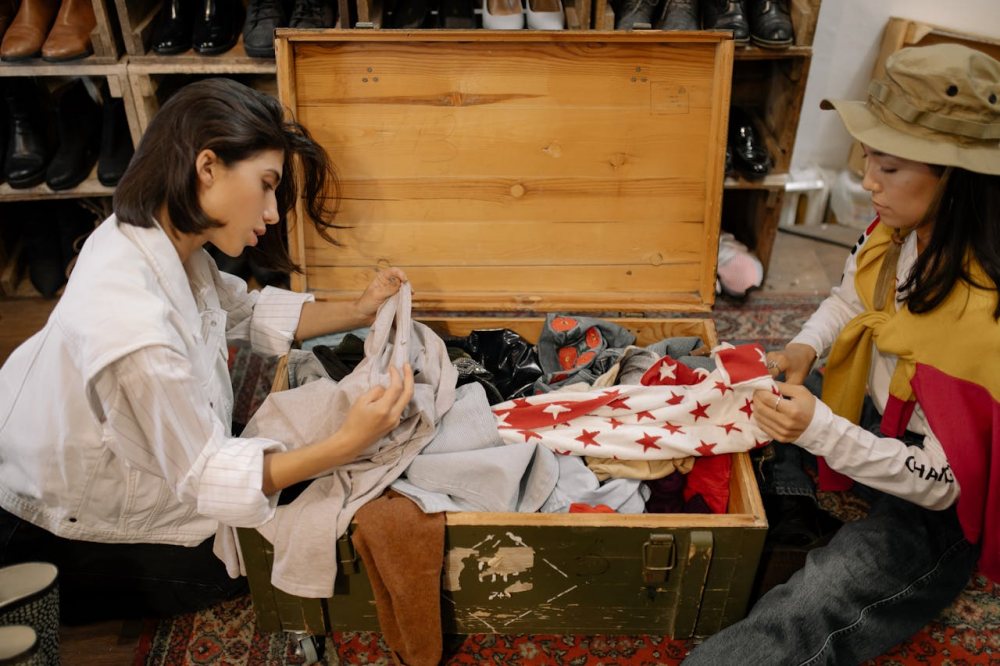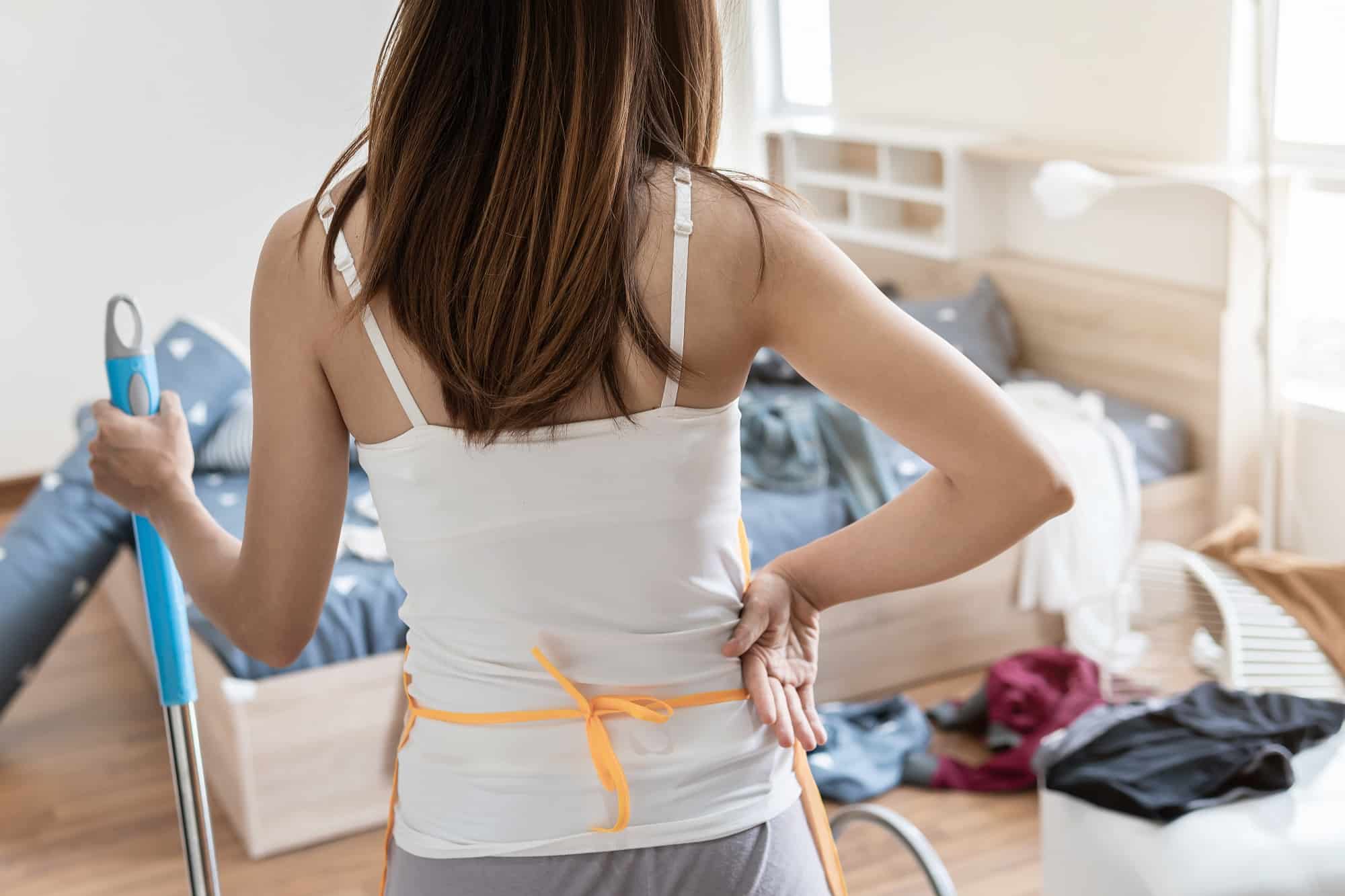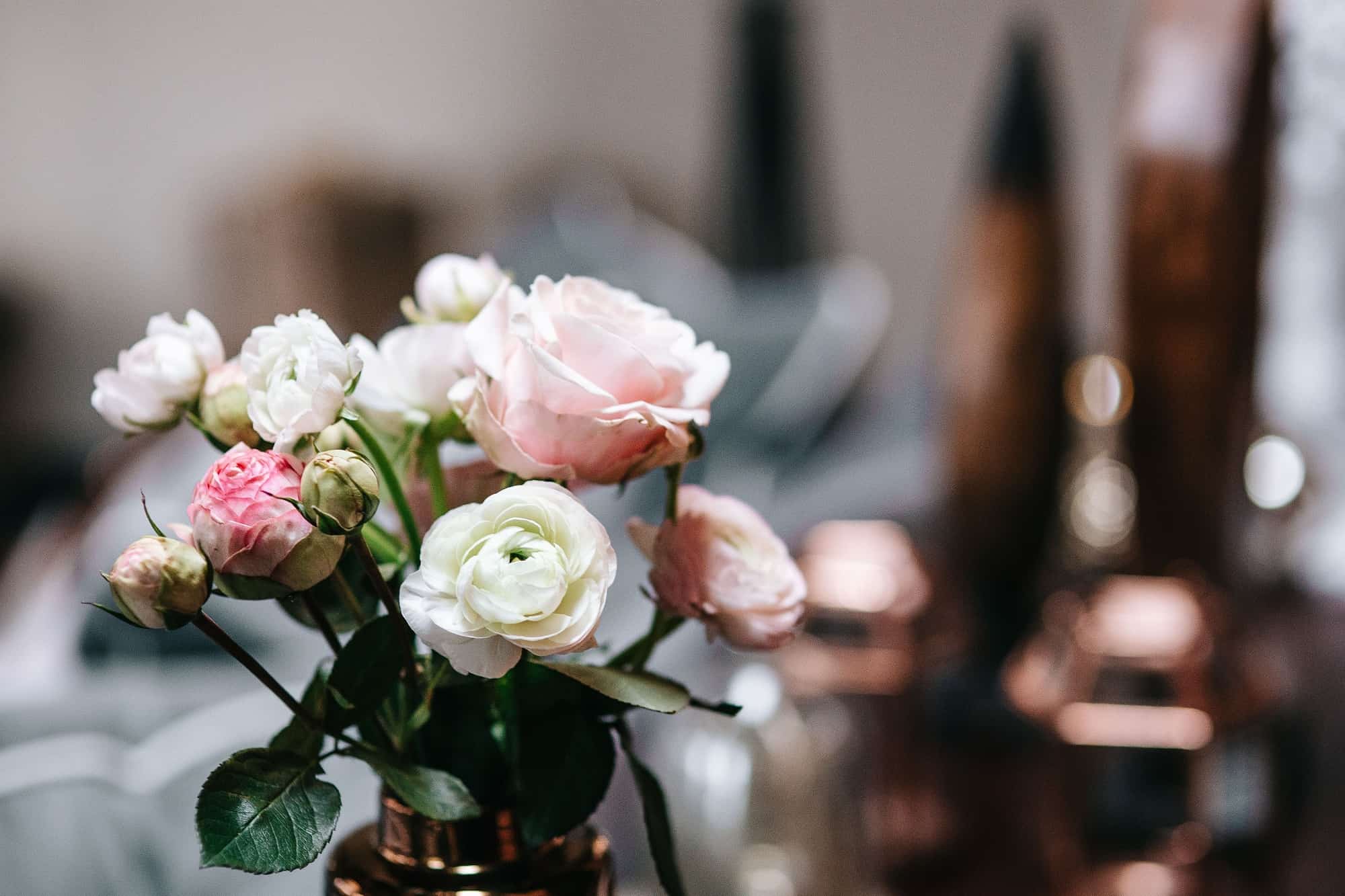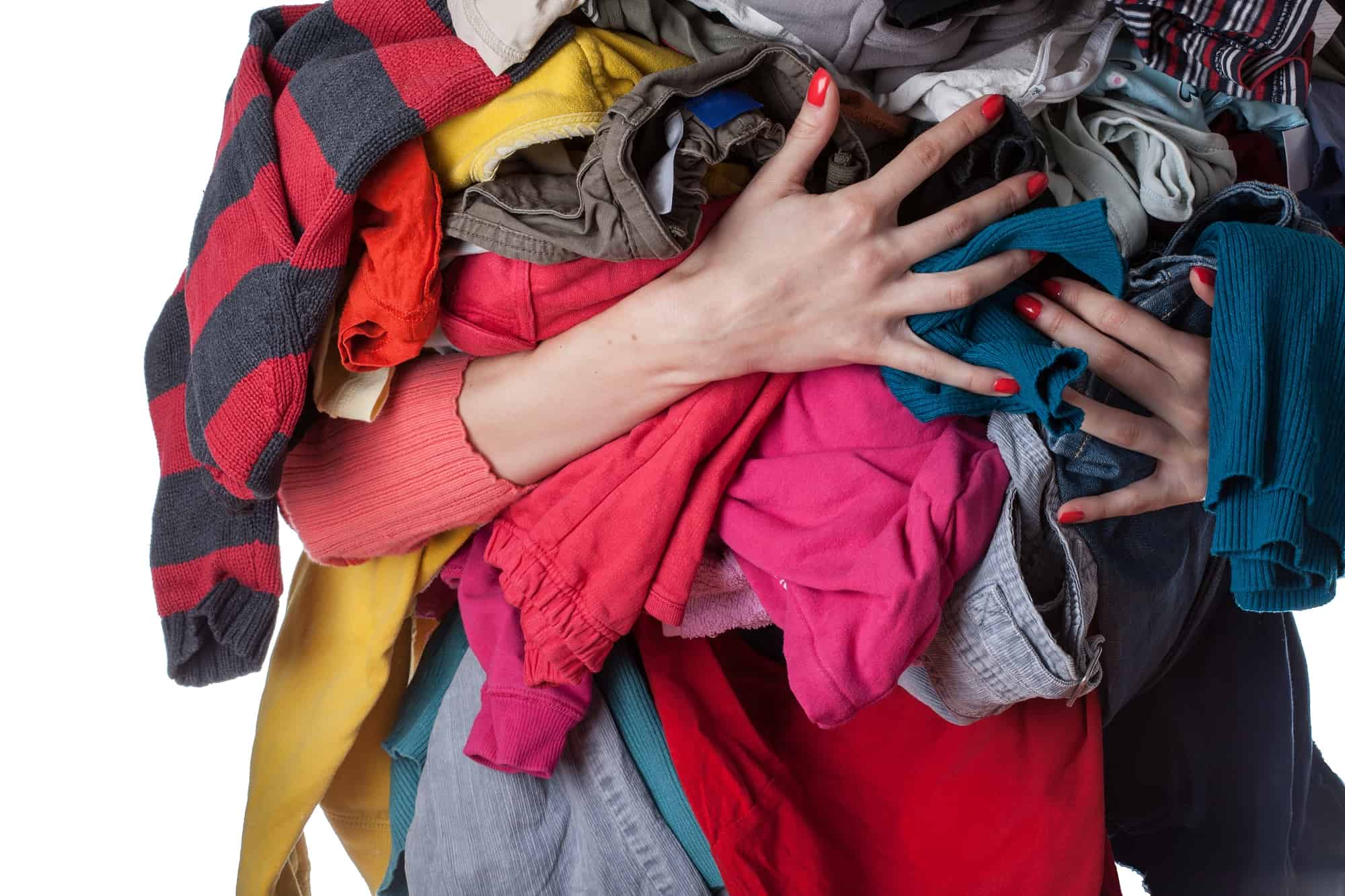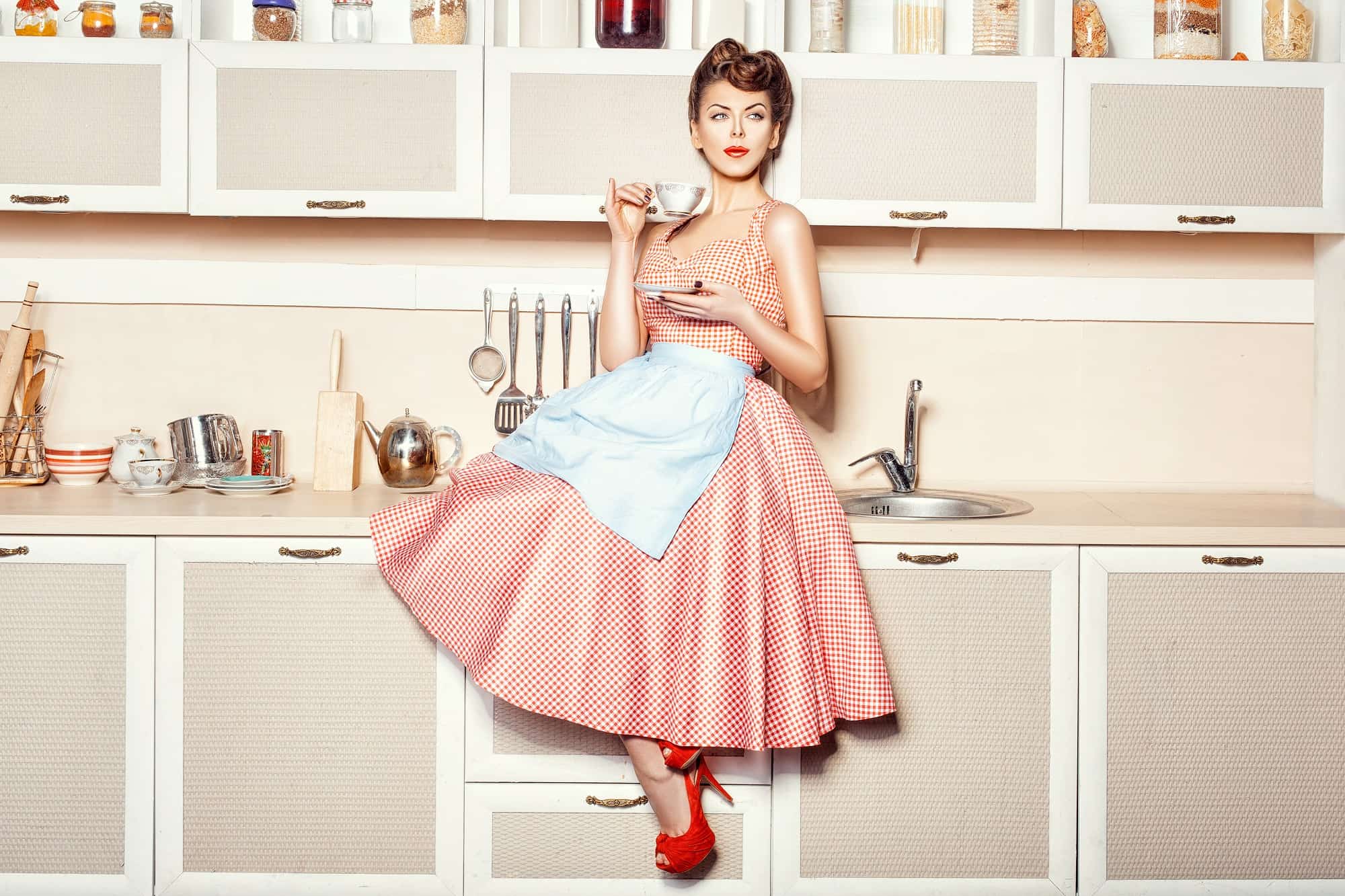Do you ever feel like both your mind and your home are cluttered? You aren’t the only one. In fact, it’s also true that when we’re surrounded by unnecessary things or clutter in our homes, we are not at peace in our heads either. In such situations, I often start decluttering the house first because it relieves my mind, at least partially.
Overwhelming situations can lead to loss of focus, stress, and even anxiety. Therefore, decluttering is important because the reverse is also true – the state of our home reflects our inner state.
When you decide to declutter, keep in mind that things don’t have to end up in trash, but you can give them a “new life” by donating or selling them as used/second-hand items. But when you clear your mind, you get rid of that intangible waste permanently.
Why Decluttering Your Home Transforms Your Life
Disorder is not only physical – it is basically a mental burden. Whether it’s overcrowded closets, scattered piles in the garage, or whatever, each “pile” adds weight. Even studies have shown that living in an environment that is crowded increases the level of cortisol (the hormone associated with stress).
Sometimes we don’t notice that mess (or at least we think so), but in fact our brain really does and then works even harder to cover it up for us. We must release both physical and mental clutter so that we can focus on peace and happiness.
A tidy home encourages positive thinking and productivity and even encourages us to think about our money management and our relationship to material things. Often after such decluttering, I take the surplus (neat and useful) things to a thrift store near me, after which they found a new purpose, and in the end I still didn’t feel like I had really “thrown my money away” because those things are now useful to someone else.
The Role of Second-Hand Shopping in Sustainable Decluttering
Shopping at thrift stores is a great way to protect the environment by reducing textile waste. Mass production of clothing is one of the biggest polluters, and with purchases like this we can help reduce it because – lower demand leads to lower production and waste.
Thrift stores are centers of sustainability and real little treasures. Imagine the happiness when you find something you like in a sea of things at super affordable prices – instant food for our mental health because you “worked” to find it instead of making an impulsive purchase. We don’t even have to mention the financial relief for your budget, especially if you’re furnishing or decorating the house.
And now, let’s close the circle/loop. As you find something for yourself (something you like), you can also take some of your own things (that are still useful, and that will be the treasure we talked about for someone else) and sell/gift them there. Give someone else the chance to find happiness in things you no longer need.
3 Steps Guide on How to Start Decluttering and Thrifting
Step 1: Assess Your Space
In order to even start decluttering, we need to assess our space, i.e. where do we have too many things, unnecessary things or are we simply no longer using them? The suggestion is to go one room or corner at a time because that’s the best way to “comb” everything.
A little (but big) tip for you – try the “one-year rule”. For furniture or some larger and more expensive pieces, you can slightly adjust the time limit. Mark the things so that you don’t return to the same ones multiple times.
Step 2: Donate Thoughtfully
I mentioned this earlier, but it’s important so it’s worth repeating. Quality is important, not quantity. Put yourself in a situation where you find something broken or dirty. Every thrift store has donation guidelines to guide you on how to categorize items and what condition they need to be in.
Step 3: Shop Mindfully
Take my word for it, but buying used items is a skill that gets better with practice. To avoid impulsive purchases, a list and very good inspection of things for quality and possible damage can help you.
If you are insecure, my advice is to start your thrift career with a smaller and cheaper piece until you throw yourself into the real search.
Conclusion
We learned one thing – a mess in the house also means a mess in the head. And the other way around
Removing clutter from the home actually has a therapeutic effect because it is a mini transformation of our lives. We get rid of the things that suffocate us and create restlessness so that we can release good and quality things into life. In this case, cheap ones too (only for the price). And on the other hand, we learn to use money more wisely.
I take this as a win-win situation. And a win-win situation is always a good thing!

